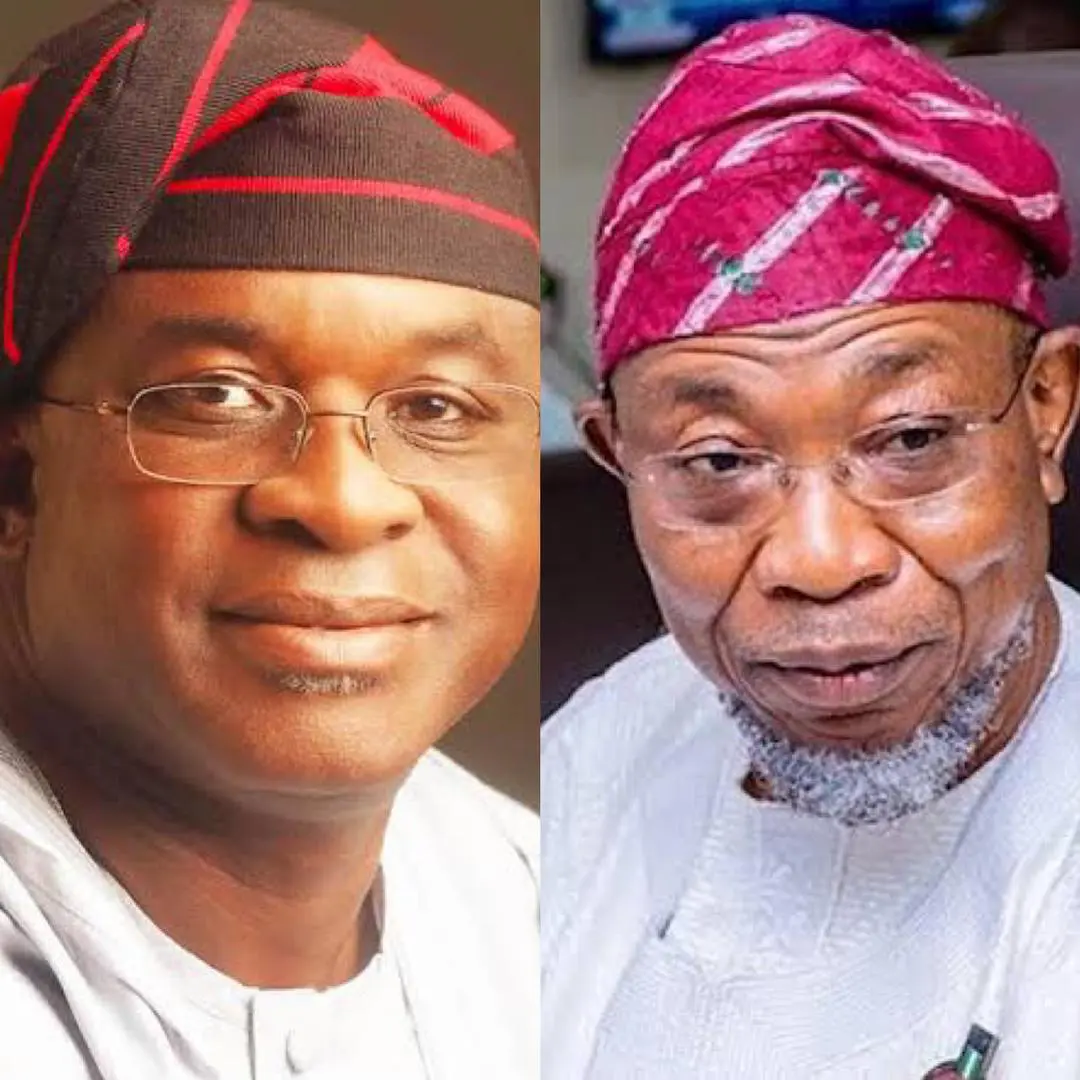Politics
Legal Hurdles Delay Suit Over ADC Leadership Dispute

A legal action aimed at restraining Senator David Mark and former Minister Rauf Aregbesola from assuming the leadership of the African Democratic Congress (ADC) has hit a procedural roadblock at the Federal High Court in Abuja. The case, which is a key battleground in the ongoing power struggle within the opposition party, suffered a major setback on Monday when the presiding judge, Justice Emeka Nwite, discovered that the court papers had not been properly served on the key defendants. The procedural misstep has exposed the complexities of litigating against high-profile political figures and highlighted the rigorous demands of the Nigerian judicial system. This legal drama unfolds against a backdrop of a fundamental restructuring within the ADC, which has been positioned as a new coalition to challenge the ruling party in the upcoming 2027 general elections, sparking internal divisions and accusations of a party ‘hijack.’ The courtroom is now the stage for a critical battle over the party’s soul, pitting the old guard against a new, influential leadership.
The Procedural Snag and the Judge’s Stance
In a dramatic courtroom exchange, counsel to the plaintiff, Michael Agber, initially insisted that all legal documents had been served on the five defendants. However, Justice Nwite, after a thorough review of the court file, found no evidence of proper service. The plaintiff’s lawyer then claimed he had served David Mark, Rauf Aregbesola, and the former National Chairman, Chief Ralph Nwosu, through the ADC as a single entity. The judge was quick to fault this approach, holding that the law requires a plaintiff to serve court papers on each defendant individually. Justice Nwite clarified that for such a service to be valid, an order for substituted service must first be obtained from the court, a step that had been completely overlooked. Substituted service is a legal procedure where court documents are served by alternative means—such as through a newspaper advertisement or by pasting them at a known address—when personal service is not possible. The judge’s emphasis on due process underscores the court’s refusal to be drawn into a political dispute without strict adherence to legal procedure, thereby forcing the plaintiff to go back to the drawing board 📜.
A Party in Flux and Accusations of a Hijack
The lawsuit was filed by a former Deputy National Chairman of the ADC, Mr. Nafiu-Bala Gombe, who is seeking an order to restrain the new leadership from taking over the party. The leadership change was initiated following the resignation of Chief Ralph Nwosu, the party’s long-serving chairman, a move he described as an effort to “reposition the party” and forge a powerful coalition for the 2027 elections. However, this transition has been met with fierce internal resistance. Gombe and other aggrieved members have accused the new leadership of being “political opportunists” who are attempting to hijack the party for personal gains. A lawmaker representing the party in the House of Representatives, Leke Abejide, echoed these concerns, alleging that the ADC was being handed over to “powerful outsiders” with no ties to the party’s foundational principles. The lawsuit against Mark, Aregbesola, and INEC is a direct legal challenge to the legitimacy of this new direction, arguing that the purported takeover of the party’s structures is unconstitutional and should be voided by the court.
The Wider Political and Legal Context
This case goes beyond a simple intra-party squabble. It reveals the complex and often contentious nature of political realignments in Nigeria ahead of a major election. The ADC, which has been positioned as a third force in Nigerian politics, aims to attract disaffected members from other major parties to challenge the dominant All Progressives Congress (APC). The entrance of high-profile political figures like Mark and Aregbesola is seen by some as a strategic masterstroke to give the party the national recognition and financial muscle it needs to compete. However, others view it as a betrayal of the party’s grassroots foundation and its long-held ideology. The legal setback at the Federal High Court on Monday provides a temporary reprieve for the new leadership, but it also signals that the legal and political battles are far from over. The court’s initial refusal to grant an ex-parte order—a request for an interim injunction without hearing from the other party—was a significant blow to the plaintiff’s case from the outset, with the judge rightly insisting on the principle of fair hearing before making any decision that could affect the defendants’ rights.
Justice Nwite’s decision to adjourn the case to September 30 gives the plaintiff’s legal team time to rectify their errors and ensure proper service on all the defendants. The ADC, represented by a Senior Advocate of Nigeria, also confirmed that the party itself had not been fully served in compliance with the law. This legal standoff is a crucial test for the ADC’s new leadership and a fascinating study of the legal and political machinations that define party politics in Nigeria. The outcome of this suit could either legitimize the new Mark-led faction or throw the party into further leadership uncertainty, with significant implications for the Nigerian political landscape as the nation gears up for the 2027 general elections. The future of the African Democratic Congress now hangs in the balance, waiting for the legal process to run its course.
